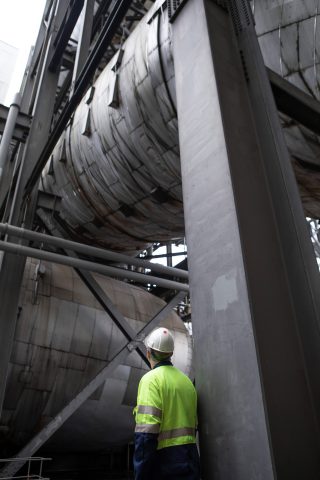
The Drax Foundation has committed $100,000 to Scientists in School, a Canadian non-profit organization dedicated to enhancing STEM education for underserved populations in British Columbia and Alberta. This donation is particularly focused on communities where Drax operates, aiming to inspire scientific curiosity and future careers in STEM fields among young students.
Mission and Impact 
Scientists in School’s mission is to ignite a passion for science in children, encouraging them to question, discover, and connect scientific concepts to their everyday lives. Last year, the Drax Foundation provided $48,000 to fund 140 classroom workshops in BC and Alberta, significantly expanding the reach of Scientists in Schools’ programs. These workshops have already made a profound impact, particularly in new school divisions and communities, and have deepened engagement in Vancouver.
By the end of the 140 workshops, over 3,300 children will have experienced hands-on STEM learning, preparing them to become future engineers, researchers, technologists, and innovators. The organization’s goal is to further increase the number of schools and classrooms reached through a combination of donor-funded and user-paid workshops. Additionally, they plan to continue outreach efforts to more school authorities, including several in Grande Prairie, Parkland, Evergreen Catholic SD, North Okanagan-Shuswap, and Nechako Lakes with a focus on First Nations schools in these regions.
Building on Success
Last year’s funding allowed Scientists in School to offer more free workshops than ever before, expanding their presence significantly in both BC and Alberta. The additional $100,000 they have been awarded by the Drax Foundation this year will allow them to build on these achievements. The funds will support a new full-time outreach position, 140 classroom workshops in English and French, and offset costs for staff training and marketing.
This investment is part of a broader plan to deliver over 1,600 classroom and 90 community STEM workshops to children aged 4-14 in BC and Alberta during the 2023-24 academic year. Of these, 690 workshops will be free, benefiting over 16,000 vulnerable children. The remaining 1,000 workshops will be user-paid, supporting the organization’s social enterprise model.
Importance of STEM Education
STEM knowledge and skills are crucial in today’s world, influencing nearly every aspect of our lives. STEM education fosters critical thinking, problem-solving, and knowledge-sharing, skills that are transferable across many fields. Research indicates that developing STEM skills early and engagingly is vital. Inquiry-based activities that connect to real-world issues are most effective in sparking children’s curiosity.
Scientists in School’s workshops exemplify this hands-on approach, offering immersive, curriculum-aligned activities that engage children and encourage interaction. These workshops are crucial in addressing pandemic-induced learning loss, especially for children from disadvantaged backgrounds who faced significant educational barriers even before the pandemic.
Looking Forward
The continued support from the Drax Foundation enables Scientists in School to bring STEM skills and confidence to approximately 16,000 young students in underserved communities, preparing them for a future of innovation and success. This partnership not only enhances educational opportunities but also brings diverse ideas and perspectives to the workforce and social discourse.
The collaboration between the Drax Foundation and Scientists in School is making a substantial difference in STEM education in BC and Alberta. As Diane Smit, Regional Manager of Scientists in School, stated, “It has been an absolute pleasure to see first-hand the impact of Drax’s generosity in action.” The ongoing support will undoubtedly continue to inspire and empower the next generation of scientists and innovators.
The Drax Foundation has donated a total of $630k to STEM programs in Canada since 2023, reaching more than 7,200 young learners in the regions where Drax operates.
To learn more about the Drax Foundation and its community projects, visit drax.com/ca/about-us/our-communities/.

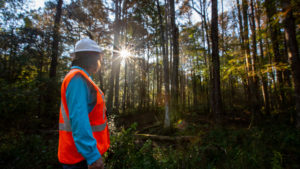



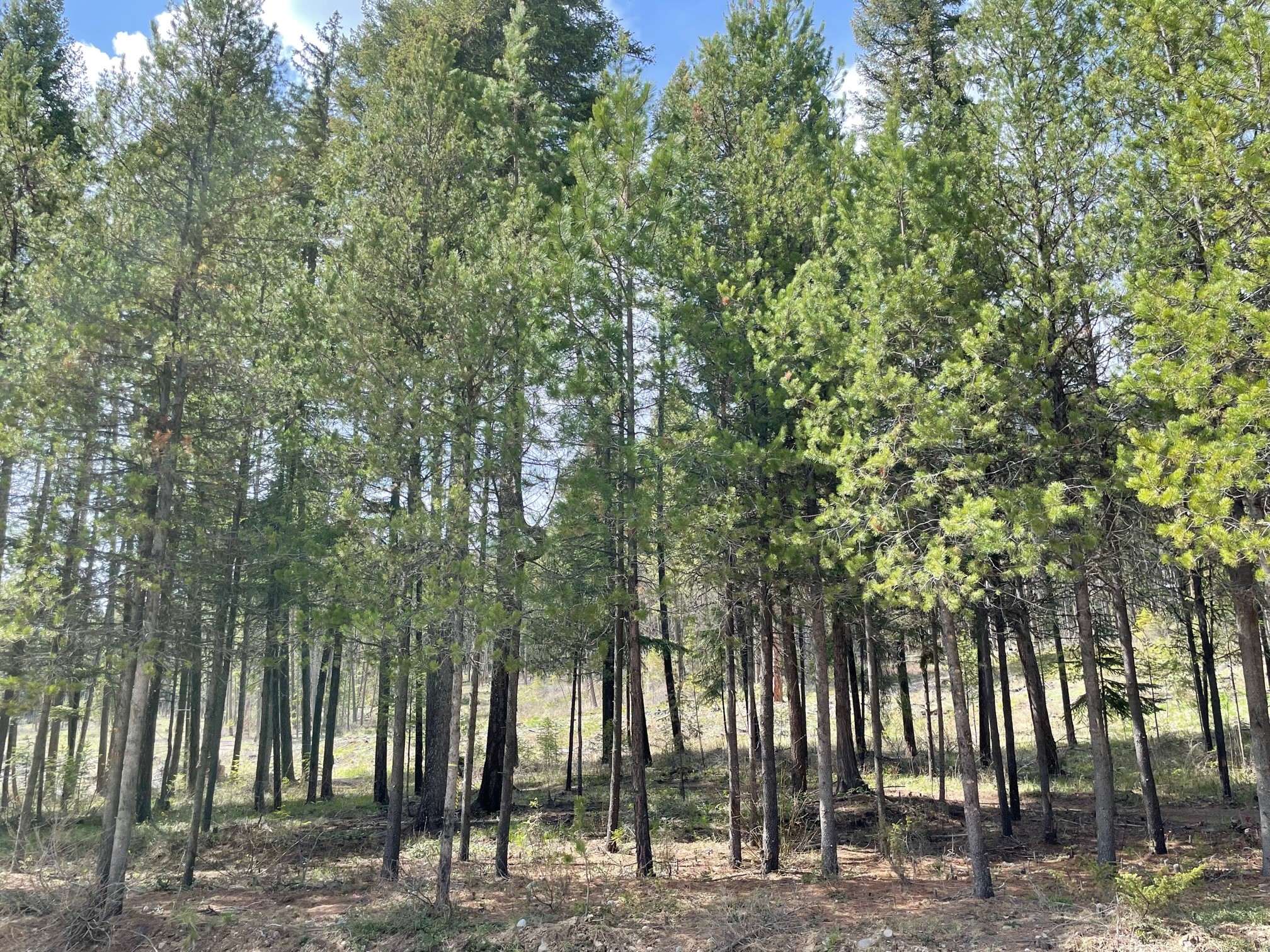
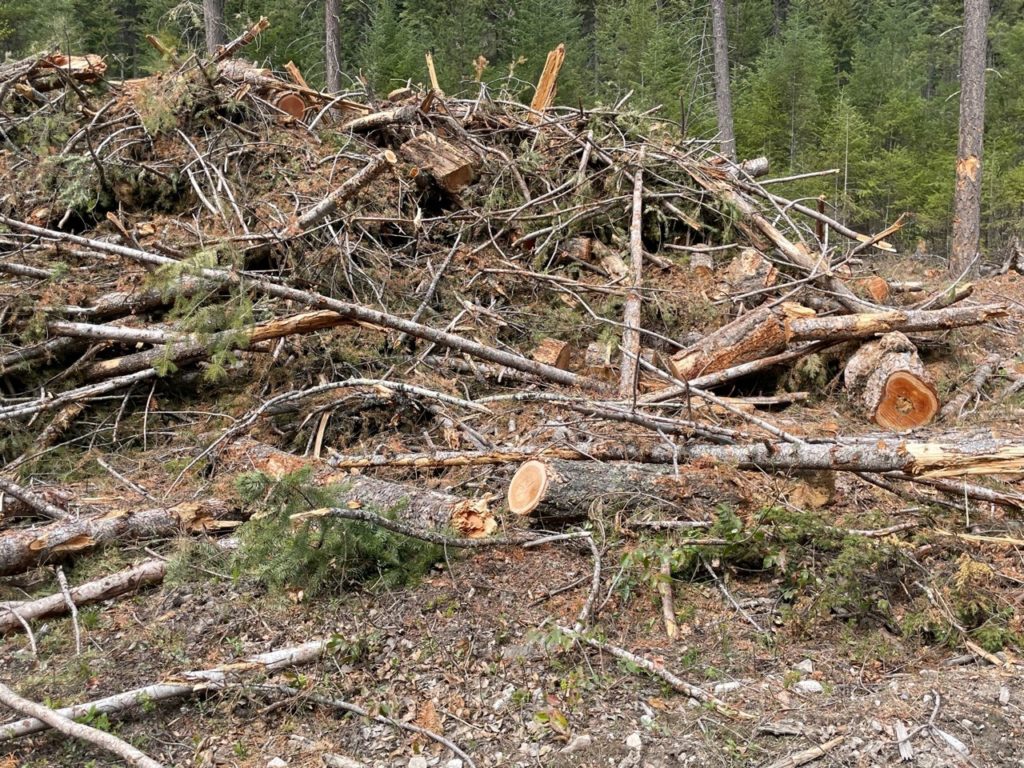
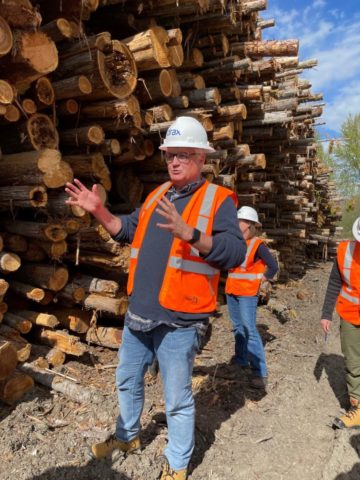
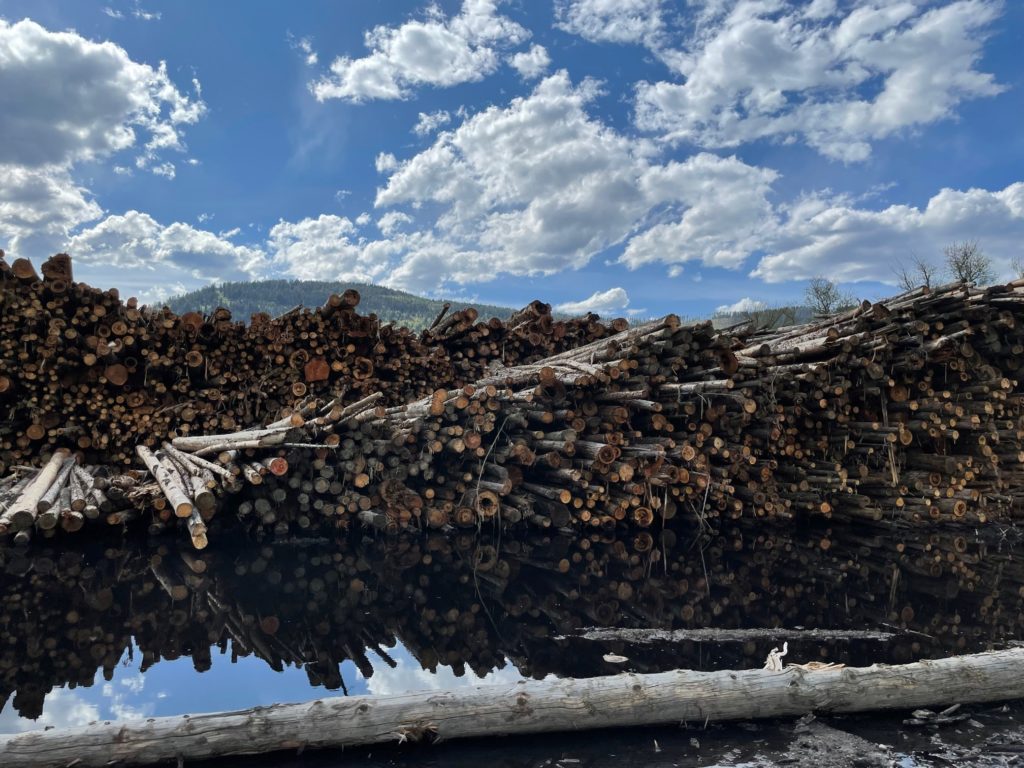
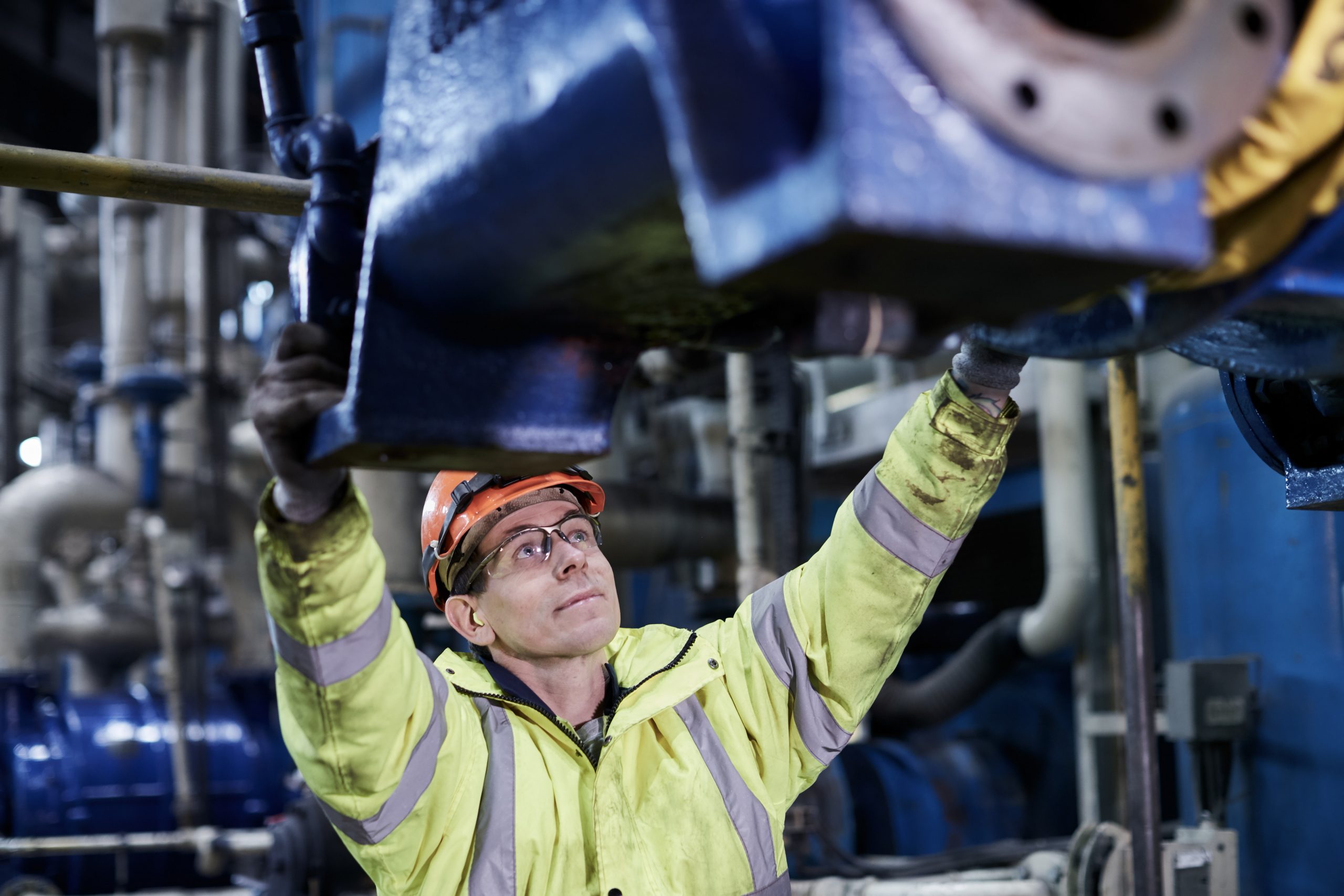
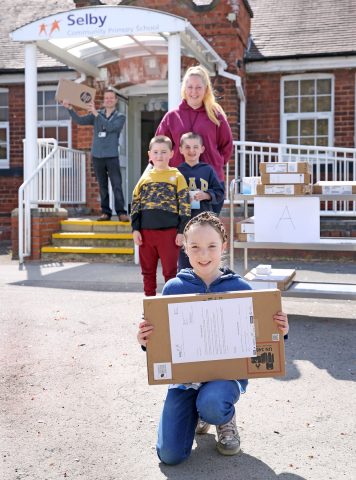
 It’s clear that care homes require extra support at this time. We are offering energy bill relief for more than 170 small care homes situated near our UK operations for the next two months, allowing them to divert funds to their other priorities such as PPE, food or carer accommodation.
It’s clear that care homes require extra support at this time. We are offering energy bill relief for more than 170 small care homes situated near our UK operations for the next two months, allowing them to divert funds to their other priorities such as PPE, food or carer accommodation.